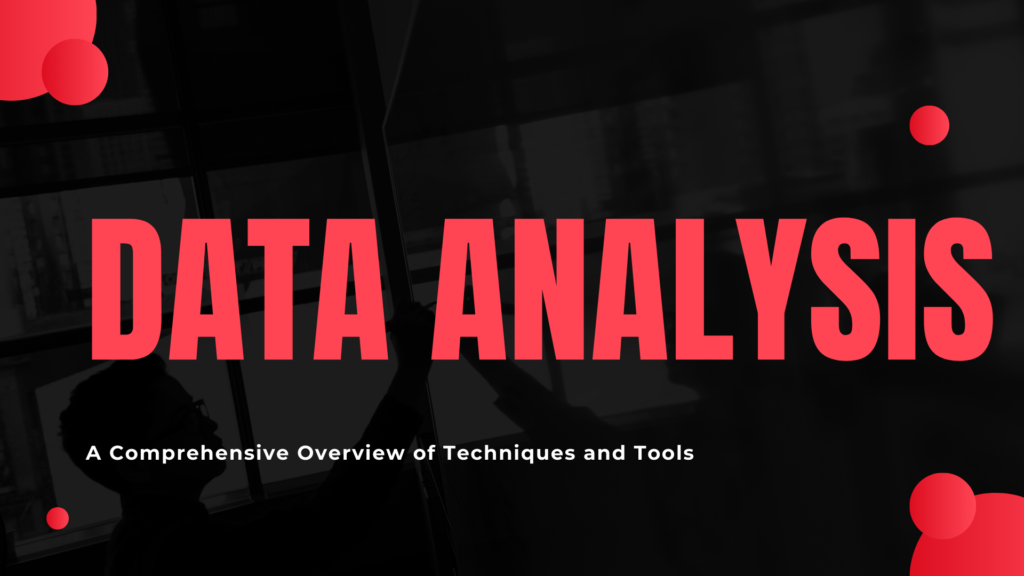Data-Driven Decision Making: Unlocking Business Potential Through Big Data
In today’s hyper-connected world, the ability to make informed, data-driven decisions is no longer a luxury—it’s a necessity. Big data, when effectively harnessed, empowers businesses to unlock new opportunities, improve efficiency, and gain a competitive edge. Retail giants like Walmart demonstrate the transformative power of big data by optimizing supply chains through real-time analytics. By analyzing massive volumes of transactional data, the company ensures inventory levels are maintained to meet customer demand without overstocking, significantly reducing waste and costs. In the financial sector, predictive analytics tools are revolutionizing risk management. Companies like JPMorgan Chase analyze market trends and customer spending habits to forecast risks and develop investment strategies. These insights not only improve portfolio performance but also help in fraud detection by identifying anomalies in real-time. Healthcare providers are also leveraging big data to enhance patient care. Organizations such as Kaiser Permanente use advanced analytics to predict patient outcomes and customize treatments. This personalized approach reduces readmission rates and improves overall patient satisfaction. Manufacturing is another domain where data-driven decisions are yielding tangible benefits. GE employs data analytics to monitor equipment performance, enabling predictive maintenance that reduces downtime and operational costs. This innovation, powered by IoT sensors and cloud platforms, is helping industries operate more efficiently. Despite the potential, challenges such as data security, integration, and skill gaps remain significant barriers. To overcome these, companies are investing in robust data infrastructure and fostering a culture of continuous learning to upskill their workforce. As businesses continue to integrate big data into their decision-making processes, the focus is shifting from merely collecting data to extracting actionable insights. This shift is not only enhancing productivity but also paving the way for more innovative and customer-centric business models, setting the stage for a data-powered future.


